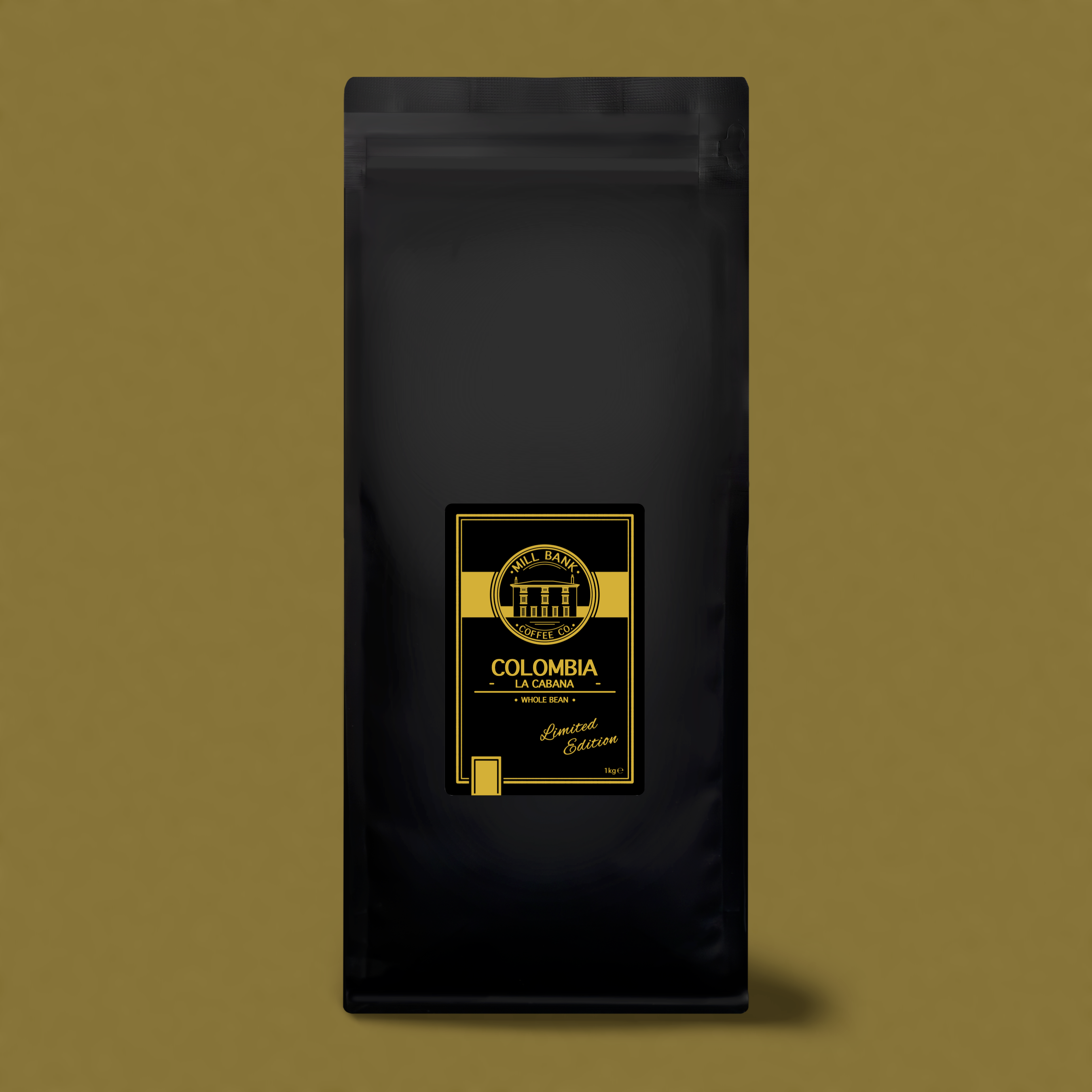



Colombia La Cabana
Couldn't load pickup availability
Pickup available at Mill Bank Coffee Co.
Usually ready in 24 hoursPairs well with
Roast: City (3/7) (Medium)
Score: 88.25
Tasting Notes: Floral, Strawberry, Vanilla, Winey
Altitude: 1700-1800 MASL
Variety: Caturra
Processing Method: 200hr Anaerobic Fermentation

Colombia La Cabana
If you have any questions, you are always welcome to contact us. We'll get back to you as soon as possible, within 24 hours on weekdays.
-
Shipping Information
We try to prepare and dispatch your order within 24 hours of receiving your order (Monday-Friday). On rare occasions this may take up to 2-3 working days.
All orders are shipped out through Royal Mail Tracked Services with Tracked 48 for Standard and Tracked 24 for Express.
Generally, when using Standard please allow 3-4 working days from placing your order to receiving it.
-
Got a question?
Get in touch with us through the Contact Us page or email us directly at info@millbankcoffee.co.uk.
Facts
SCA Score
Altitude (MASL)
